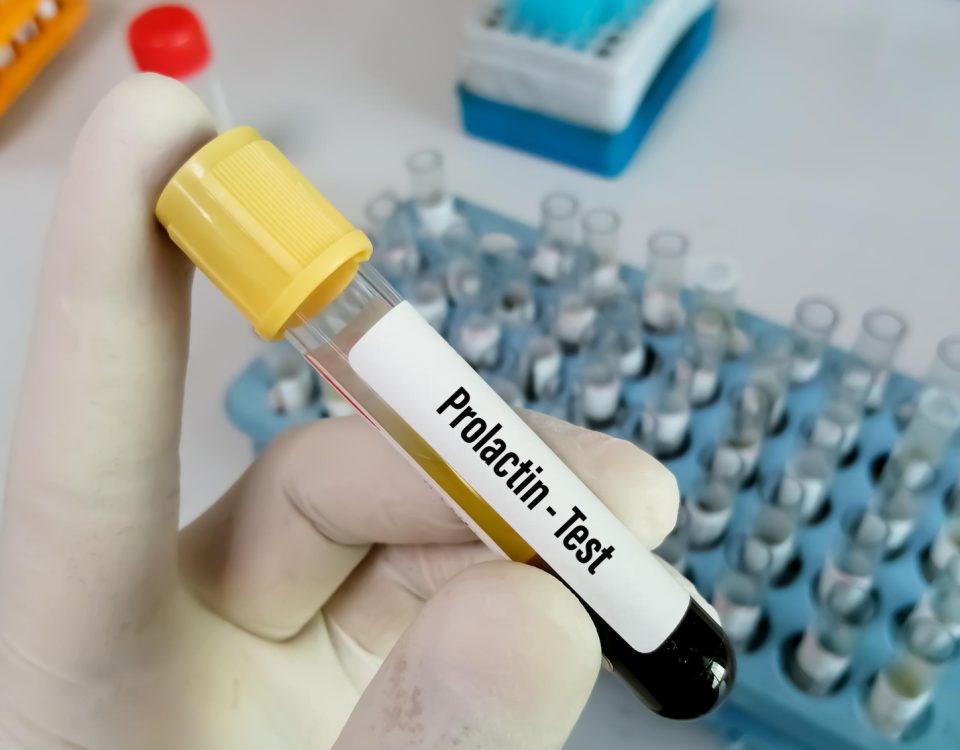
Blood Testosterone and Physical Activity: How to Stay Healthy with Proper Exercise
July 22, 2025
Male Libido: Factors That Affect It and How to Enhance It
October 14, 2025Low testosterone (hypogonadism) affects an increasing number of men, especially after the age of 40–45. It refers to the body’s inability to produce an adequate amount of testosterone, the primary male hormone that regulates sexual function, fertility, muscle mass, bone health, and mood. When levels are low, the consequences are not limited to sexual life but impact overall health and quality of life.
How testosterone affects fertility
Testosterone plays a central role in spermatogenesis, the process of sperm production in the testes. Low levels reduce the activity of Leydig and Sertoli cells, which are responsible for the maturation and functionality of sperm. The result is a lower sperm count, poor motility, and reduced fertilizing ability. Additionally, testosterone affects sexual desire and the quality of erections, which indirectly influences the frequency of sexual intercourse and, consequently, the chances of conception.
Effects of low testosterone on fertility
- Reduced sperm production – Low testosterone levels can lead to oligospermia or even azoospermia.
- Reduced motility – Even if the sperm count is sufficient, low testosterone is often associated with reduced motility, making fertilization more difficult.
- Erection and libido problems – Men with low testosterone often report decreased sexual desire, difficulties with erections, and premature ejaculation. These symptoms make attempts at conception more challenging.
- Psychological effects – Chronic fatigue, depression, and reduced self-confidence associated with low testosterone can negatively affect relationships and sexual life.
- Overall health burden – Increased body fat, reduced muscle mass, loss of bone density, and cardiometabolic disorders, which indirectly impair fertility.
Factors contributing to low testosterone
- Age: After 30, testosterone levels naturally decline by 1–2% each year.
- Obesity and metabolic syndrome.
- Chronic diseases such as type 2 diabetes, hypertension, and kidney disease.
- Medications (corticosteroids, opioids).
- Hormonal disorders of the pituitary gland or hypothalamus.
- Lifestyle factors: poor diet, excessive stress, lack of exercise, and insufficient sleep.
Possible solutions and restoration methods
Θεραπεία Αντικατάστασης Τεστοστερόνης (TRT)
TRT is the most immediate and effective treatment for cases of significantly low testosterone. It can be administered via injections, gels, or specialized capsules. In men who wish to preserve fertility, it is often combined with other treatments, such as hCG administration, to avoid suppression of spermatogenesis. The benefits of TRT are multifaceted: increased libido, improved erections, enhanced energy, better mood, and improved muscle mass. Personalized treatment and close medical supervision are essential to prevent side effects.
Natural support methods
- Exercise: Resistance training (weights) and high-intensity interval training (HIIT) stimulate testosterone production.
- Sleep: 7–9 hours of quality sleep per night are fundamental for hormonal balance.
- Nutrition: Rich in zinc, magnesium, and vitamin D (oysters, eggs, nuts, fish).
- Stress management: Cortisol, the “stress hormone,” inhibits testosterone production. Relaxation techniques, yoga, and a proper work–life balance help.
- Avoiding harmful factors: smoking, excessive alcohol consumption, and a sedentary lifestyle.
Natural methods do not replace medical treatment but can act as supportive measures and enhance the results of medical intervention.
What men with low testosterone should pay attention to
Before starting any treatment, a complete hormonal and blood work evaluation is required. Tests such as serum testosterone, LH, FSH, prolactin, PSA, and hematocrit are essential to determine the underlying cause. Additionally, the choice of treatment must be personalized: younger men wishing to have children require different approaches than older men primarily seeking to improve quality of life.
Conclusion
Low testosterone can significantly affect fertility by reducing sperm production and quality, while also impacting sexual life and overall health. With proper diagnosis and appropriate treatment, these effects can be minimized, and quality of life can be greatly improved. At MenTest, a leading testosterone replacement center in Greece, our medical team specializes in boosting testosterone to effectively manage andropause symptoms and enhance men’s quality of life.




